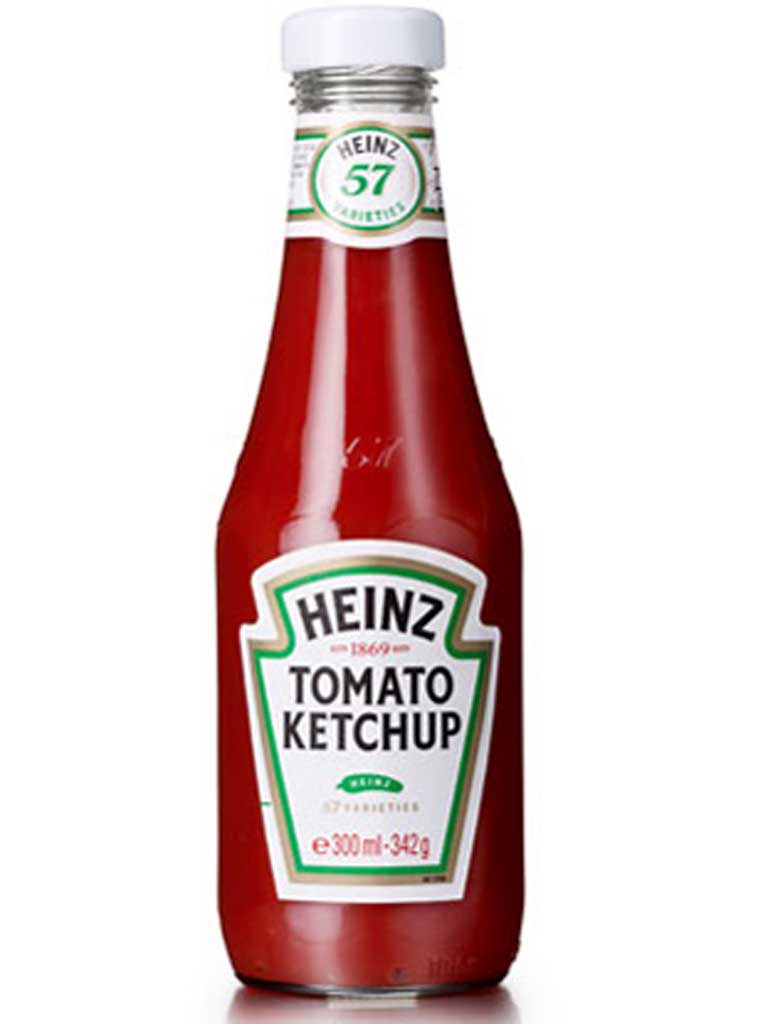Inventors free trapped ketchup

It is the latest culinary invention to be hailed as the best thing since sliced bread: the non-stick ketchup bottle.
No more thumping the bottom of the bottle, no more jiggering about with a knife, no more spills, spurts or spots all over your tunic – a simple tilt, and out it comes, with ne'er a drop left in the base of the bottle.
The non-stick bottle has been devised by a team of PhD students at MIT in Boston, who normally spend their time working on coatings for oil pipelines or the inside of nuclear reactors.
Their breakthrough involves a coating for the inside of the bottle made from secret food ingredients, engineered to have the consistency of a solid but the slipperiness of a liquid. Videos made by the students – which show ketchup, mayonnaise, jam and mustard slipping cleanly from their containers – have made jaws drop across the internet.
The inventors call their coating LiquiGlide and are trying to sell it to food companies. They estimate that £1m-worth of condiments is thrown away each year because leftovers cannot be scraped from jars and bottles – while eliminating the need for safety caps on squeeze bottles could save 25,000 tons of plastic a year.
Join our commenting forum
Join thought-provoking conversations, follow other Independent readers and see their replies
Comments
Bookmark popover
Removed from bookmarks